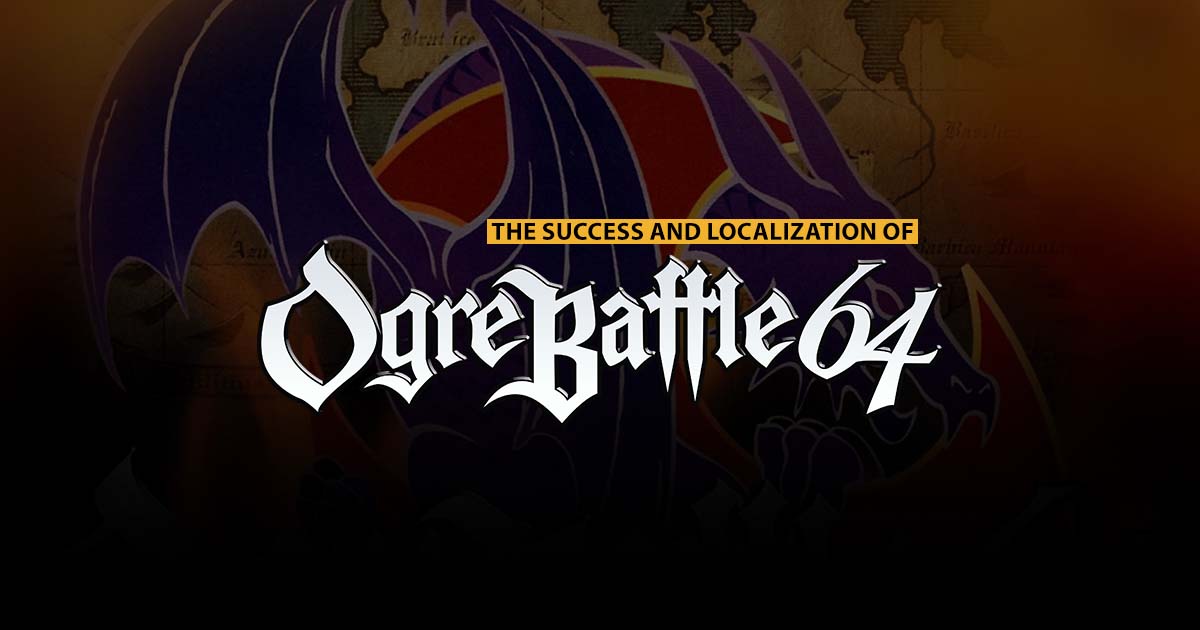GameScribes Localization 101

7 Reasons to Localize Your Game for Latin American Spanish
05/05/2022
How Localizing Your Mobile Game Can Increase Your Downloads
05/08/2022Content Updated May 7 2022
Whether you’re a loc pro or you’re bringing a game to a new market for the first time, here is a handy glossary of common terms — some unique to GameScribes — you can refer to as you start your localization journey.
Localization
Localization is the process of tailoring a product to be sold in a specific country or market. Different markets have different standards and cultural sensitivities, so localization — including translation of in-game lines, as well as marketing materials — is needed to make sure your game can reach the widest audience.
Translation
Changing words from one language to another. A good translation is the foundation of a good localization project.
Transcreation
In games with a high-level of dialogue and storytelling, transcreation — creative translation — is needed. This allows our linguists and editors to really capture the essence of your game in any language. Transcreation is perfect for games that include a lot of humor, cultural references, or wordplay.
Internationalization
This is a job for a programmer. Internationalization is done to ensure that a game will function once the localization is done. For example, they’ll have to make sure that the new language options can be selected in-game.
Globalization
Getting a product ready for a new market that is more on the logistics side. This includes how much the game will retail for, how it will be distributed, and what kind of support will be offered in this new market.
Culturalization
Culturalization can be a more extreme form of localization. Instead of translating the text or adapting the humor, a game is usually completely changed to fit into a new culture. Think of the British and American versions of The Office.
TP
TP stands for Translation & Proofing and is our most basic service. TP is the foundation for re-editing, culturalization, and transcreation of your game.
TPE
TPE is Translation, Proofing & Editing. This service is used to ensure we’re able to really capture the vibe of your game through localization.
Box and Docs
Out of game localization is important too! This includes game boxes, instruction manuals, websites, App Store descriptions, and more — what we collectively call Box and Docs.
Localization QA
This is Quality Assurance for ship-ready, localized builds of your game. Localization QA is used to catch any text implementation bugs and any contextual issues.
Linguistic QA
Our linguists can provide Linguistic QA on content that has already been translated to check for any discrepancies.
In-territory
All of our linguists are in-territory — meaning they currently live or have lived in the last two years, in the country or territory where the language they’re translating is spoken. This is to ensure that our linguists are not just fluent, but that they’re also current on cultural references and slang.
QC’ers
We refer to our Senior Linguistic Experts as QC’ers. Our QC’ers are responsible for editing and trasncreation.
Project Manager
Your Project Manager is your primary point of contact for everything production related. They’re your go between when it comes to communicating with linguists and testers and they ensure that your project is running smoothly.
PMT
PMT stands for Project Management Tool. GameScribes actually has our own proprietary PMT that we use to track every phase of localization.
CAT
CAT — Computer Aided Translation software — is used so linguists can work better and faster. We also use CAT to help develop the translation memories for your project.
Translation Memory
Also known as TM, we create a database of Translation Memory — previously translated lines — to help our linguists during translation. This is used to the linguists don’t have to spend time translating repeated phrases or words in your game more than once.






